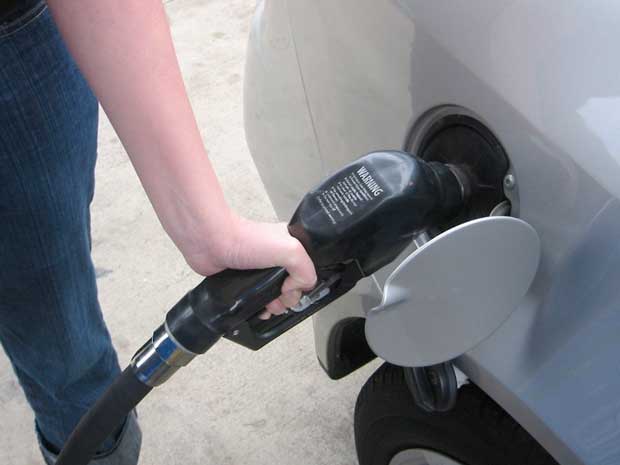By Kelly Townsend and Julienne Bay
Toronto drivers may consider taking the bus this coming spring. Gas prices are predicted to rise to record-breaking numbers by the end of March, says gas analyst Roger McKnight.
Prices may reach a staggering $1.40 in Toronto, Roger McKnight, senior petroleum analyst of En-Pro International Inc., as the numbers increase over the month of March.
Some of McKnight’s predicting factors include the Canadian dollar falling to 10 per cent below the U.S. dollar, increase in demand and the long, harsh winter.
“Oil companies are creatures of habit and they want to maintain what they call the ‘refining margin’ the same as they did last year,” McKnight said. “When you do all those numbers it looks like an increase of eight cents a litre to maintain that profit level, which will satisfy their shareholders.”
Canada has seen these gas prices before
Former MP Dan McTeague, who runs the website Tomorrow’s Gas Price Today, says Canada has seen these high numbers back in May 2011, with an average of $1.42 across Canada. Ontario hit a high of $1.396, but never breached the $1.40 that McKnight is predicting.
“Going to $1.40 isn’t exactly a huge stretch if it’s to happen a month from now, especially as we convert from winter to summer gas, which costs a lot more to produce,” McTeague said.
McTeague agrees that the falling Canadian dollar is a significant factor in rising gas prices.
“Canada continues to rely more and more on external sources for our petroleum needs,” he said. “We’re simply shutting down refineries and we’re not meeting local demand and as a result that’s having an impact on Canadian currency.
Website shows gas prices a big concern for consumers
McTeague says he started his website roughly seven years ago, to show how Canadian gas prices had become monopolized.
“Those monopolies mean that there’s one wholesale price in every major community across Canada, and that’s why you’re able to predict the price,” he said. “It takes a lot of time to do it. [The website] is not meant to make money.”
The website, according to McTeague, reaches roughly two to three million visitors per month, and has a 80 per cent retention rate. “They’re pretty committed,” he said.
Humber News reporter Julienne Bay spoke with students regarding the increase in gas prices, and whether that affects their decision to drive.
WATCH: Humber College students consider reducing gas consumption
Transit ridership trends linked to increased gas prices
Adrian Kawun, manager of service planning with York Region Transit, says long-term gas price trends show that an increase in price will correlate with an increase in ridership.
“Daily gas price changes won’t affect system ridership as a whole in that one day, it’s got to be a consistent trend,” he said.
McKnight says the increase in price won’t have too much of an impact on gas consumption.
“A couple of years ago when gasoline hit a dollar everybody said the sky was falling, then a $1.10 and the earth was imploding… $1.30, didn’t hear too much about it, so people get accustomed to it,” said McKnight.
While Canadians may adjust to the prices, the bottom line is that gas price gauging continues to have a widespread effect on Canada’s economy, says McTeague.
“We continue to feed his vicious circle of people trying to work harder to save more only to find that the price and cost of living continues to grow in a land that is apparently blessed with an abundance of energy,” he said. “There’s the irony.”


